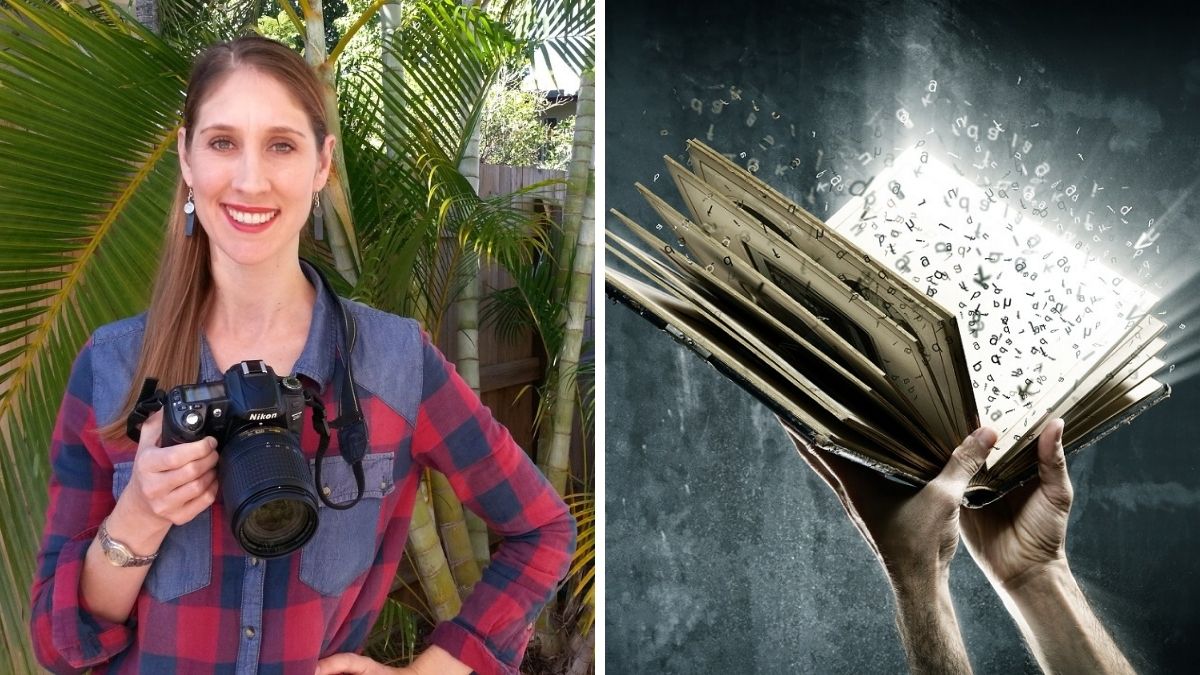
3 more writing techniques to make your writing captivating (AKA not boring!)
Who doesn’t love a story that hooks your attention from start to finish?
However, you might think you can’t tell a great yarn to save yourself, let alone write an autobiography, memoir, biography or other life-story project.
Firstly, there is no one better qualified to sit down and record your life than you!
Second, if you are writing for friends and family they are on your side and naturally interested.
The other week I covered three ways to make writing more captivating.
Indeed that article was very popular so today I’m going over more writing techniques to keep your audience reading from start to finish!
Related article – Writing tips: The ultimate guide of life-story tips for new writers
How to write a good story with the flashback
Flashbacks are a great tool when learning how to write a good story.
In short, a flashback definition is a short ‘flash’ or snippet of past memories.
Certainly flashbacks introduce new or important information and details for the reader.
And this is helpful for giving context and meaning to the moment in time you are writing about.
For example, a childhood memory woven into a chapter about adult life.
Finally, you don’t want flashbacks being too long or frequent as they lose their effectiveness.
Related article – What makes a good story: Dialogue writing, suspense writing and other writing techniques
Parts of a story and dramatic structure
Just like we learned at school, captivating stories have a clear beginning, middle and conclusion.
Certainly a life-writing project is one big story that includes many smaller stories.
And these will benefit enormously from being written with a dramatic structure.
For example, let’s look at how to write a good story about a newborn:
- Beginning (a few short anecdotes – set the scene): telling the family, attending appointments, buying a baby cot and clothes, etc.
- Middle (when the story builds and is set to change – the climax of a story): labour starts, calling the midwife, getting ready to leave for the hospital, saying goodbye, etc.
- More middle (when things change – the turning point): arriving at hospital, who was there, having the baby, etc.
- Ending (the conclusion): details about the baby, how mum recovered, meeting the extended family, etc.
Related article – How to write birth stories in four easy steps
Related article – Story outline: How to make an outline and have topics to write about
How to write a good story and reflective writing
Another solution to how to write a good story is to highlight and analyse turning points.
Indeed during our lives there are instances when the main story takes a major turn.
For example, you had the choice to begin a trade and live at home or start university and move to the city.
Or you decided to pass up a promotion at work to pursue a new career.
Therefore you could write about: why you made the decision, who or what influenced you, and in hindsight whether or not it was a good choice.
Finally, a great place to offer such reflection is at the end of a chapter and especially at the end of a book.
Related article – Lessons learnt: Writing memoirs full of your best life lessons
Final say: How to write a good story
How to write a good story can be a challenge.
But you are well-qualified to write your life story using page-turning writing techniques.
These include: flashback, dramatic structure and reflective writing.
Certainly these tips will show how you have grown and changed over time.
And this is bound to captivate readers.
Happy writing!
Free gift!
My free video training Structure Success can help you decide what to include in your life story. Sign up here!
Your say
Which one of these writing techniques do you want to use or have used? I’d love to hear your thoughts. Send me an email or leave a reply in the comments section at the end of this article.
Get in touch
Have you hit a roadblock planning, creating, polishing or finishing your life story? Let me know here so I can help!
Don’t miss an article
Sign up here to get instant notifications when new material is published.
First published November 15, 2018: This article has been updated and improved.

